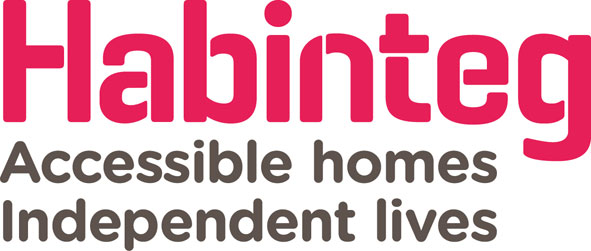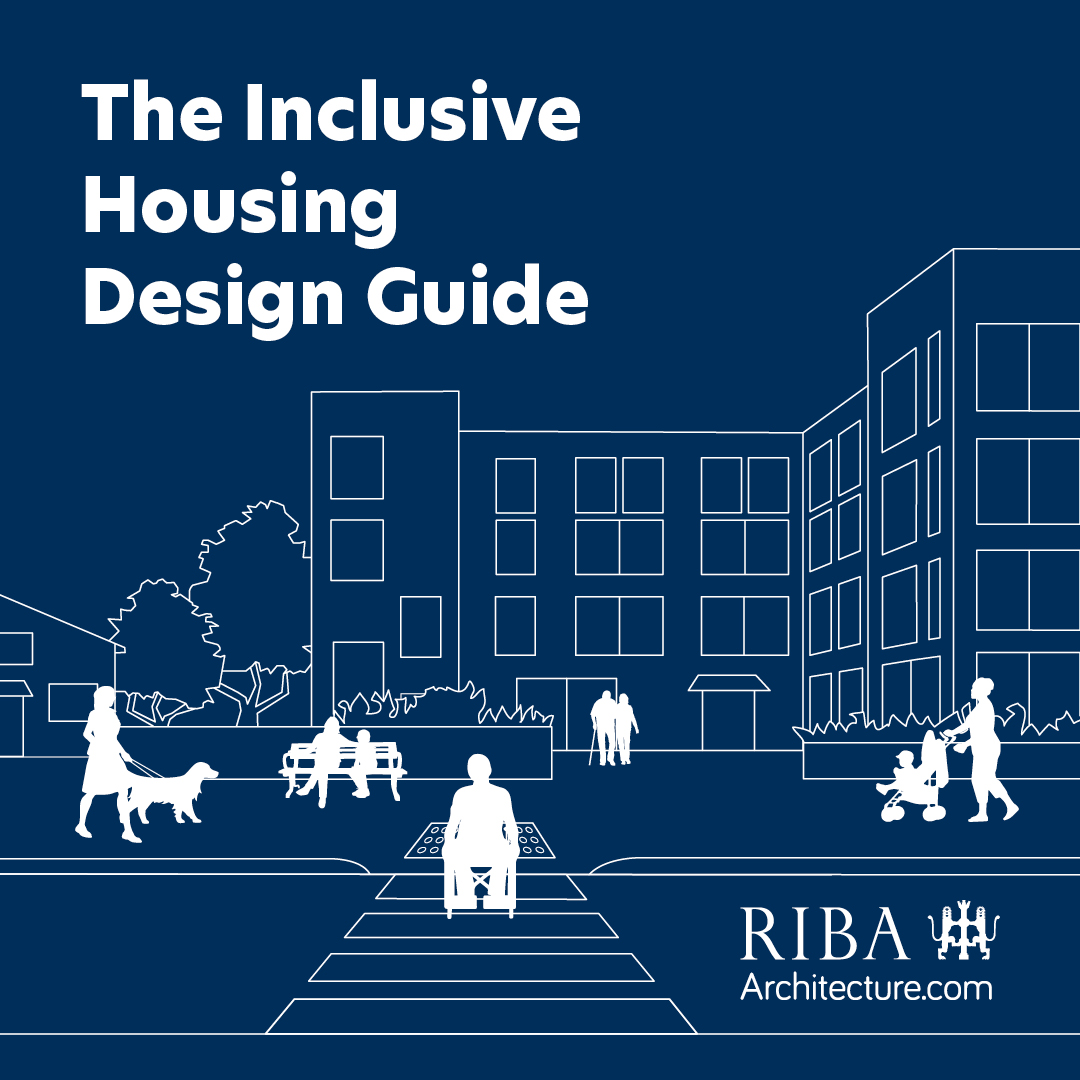Talk to us 0300 365 3100

Talk to us 0300 365 3100
Talk to us 0300 365 3100
Every September, we run a week of action - Accessible Homes Week (AHW) - to celebrate what an accessible home can do for a person's wellbeing, independence and overall quality of life.
This year marks our ninth annual Accessible Homes Week, which runs from 9 - 13 September 2024.
New data
With a new Labour Government now in office, and with the party’s pledge to increase the number of new homes being built, we're grasping the opportunity to urge the government to uphold the previous administration’s decision to raise the accessibility standard of all new homes to the M4(2) accessible and adaptable standard. Hence our theme for AHW 2024 is M4(2) Now.
This year, we're illustrating some of the most tangible value, to society, of building to the M4(2) standard. Our cost comparisons of grab rail, stairlift and wet room adaptations show that people living in an M4(1) visitable dwelling who may need to make such adaptations could be almost £27,000 worse off compared to those in an accessible and adaptable M4(2) home.
Families and individuals could be forced to spend savings to privately fund essential adaptation whilst Local Authorities would be picking up the bill for those who do not have savings through a Disabled Facilities Grant (DFG).
With Government allocating £625 million to Local Authorities’ DFG funds in 2024/25 (185% more than 10 years ago), unless homes are designed to be more adaptable from the outset, Councils are set to face increasing pressure on home adaptation grants as the population ages and disability rates rise.
This is why Habinteg is urging the Government to make the M4(2) accessible and adaptable standard the baseline for all new homes in England, and to immediately hold the one short consultation with industry stakeholders on the implementation details to make it happen.
Homes for everyone
With just 9% of the housing stock in England having basic access features, we know that too many disabled and older people are living in unsuitable housing, which can impact on their ability to live independently.
This is why inclusive, accessible homes are a must for everyone - they allow us to use our homes throughout our whole lives, even when our needs change.
In order to make sure that there are enough accessible homes for everyone who needs them, the government, local authorities, planners, developers and communities all have their part to play to address the shortage of accessible homes.
And so do you.

Disability equality consultant and trainer, Tanvi Vyas, discusses why she’s backing Habinteg’s call for the accessible and adaptable standard to be implemented by Government, now....

Inclusion London’s Laura Vicinanza and Mariella Hill look back on what was a powerful, uniting day of action in July on the vital issue of accessible housing for disabled people....

Head of Design at Barratt London, Attzaz Rashid writes that, as we strive to address the UK's housing crisis, we must address what kind of society do we want to build for our children....

With the upcoming launch of a new Inclusive Housing Design Guide, author Jacquel Runnells demonstrates why the guide is essential reading for those building new homes in a Q&A feature....

Sarah Lilly of Cerebral Palsy Midlands writes about how her family experiences have shaped her advocacy for accessible housing, which she says is vital for the independence and dignity of people like ...

Kasia Ojukwu of the Stay Safe East charity writes about how the scarcity of accessible housing is an issue that permeates all facets of society in a way that the vast majority of the public may not co...